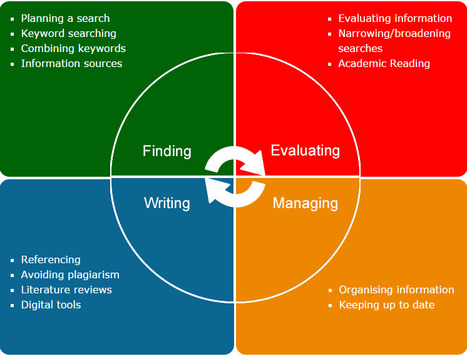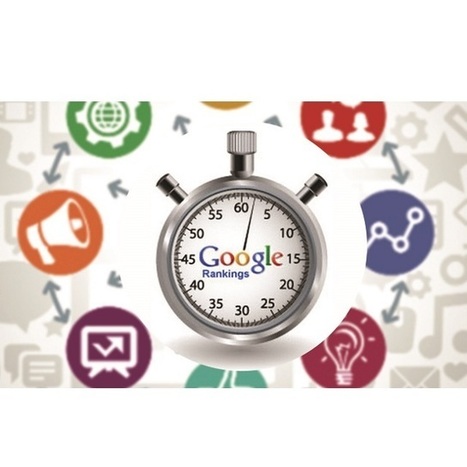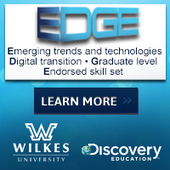This video clip is a bit old, but I still like using it to spark conversation on why we need to teach differently in today’s classrooms. When we have almost instant access to factual information, we shouldn’t be asking students to simply recall those facts. The Teaching Innovation Progression Chart highlights Research and Information Fluency as one of the key strands for student success. In a student-driven classroom, teachers should be modeling strategiesto guide student investigation, designing challenges that promote synthesis of resources to address an authentic task, supporting students as they acquire, evaluate, and apply information, and facilitating and formatively assessing authentic tasks where students are engaged in research and using information fluently. In these classrooms, we should see students constructing questions to guide research, selecting the most appropriate digital tools and information sources, assembling and synthesizing information to address authentic tasks, and using tools to powerfully display and interact with information.
Via
Ana Cristina Pratas,
Elizabeth E Charles



 Your new post is loading...
Your new post is loading...



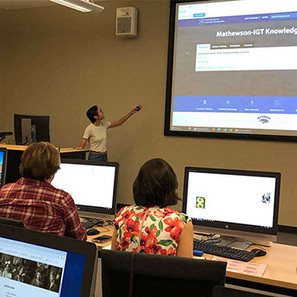


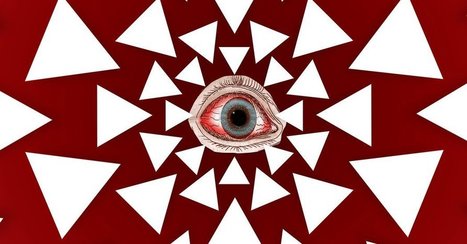
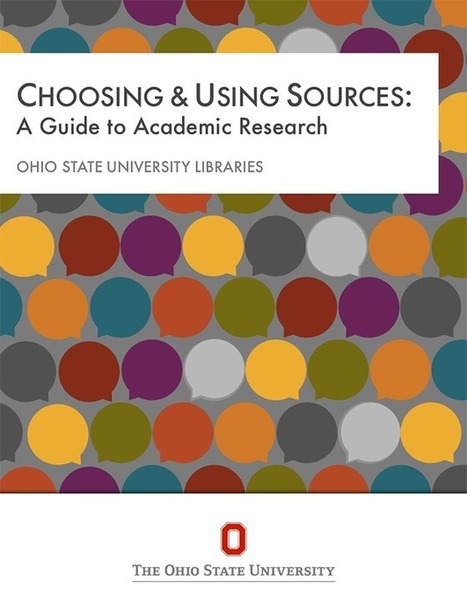


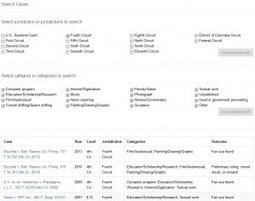
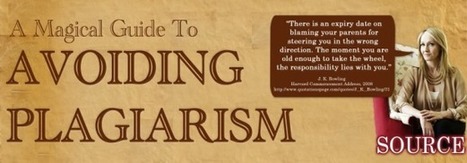

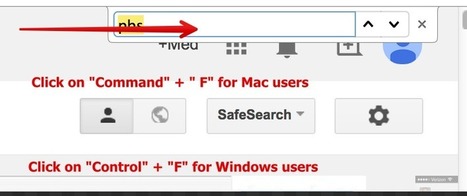

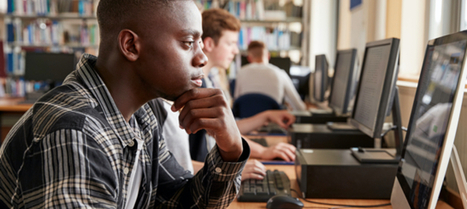

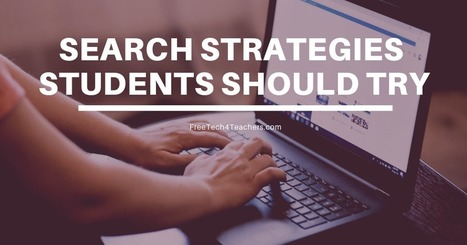
![Reliable Sources: Promoting Critical Thinking in the [Mis]information Age | Education 2.0 & 3.0 | Scoop.it](https://img.scoop.it/IU63pDheV-ct6OMSeL8OUDl72eJkfbmt4t8yenImKBVvK0kTmF0xjctABnaLJIm9)

